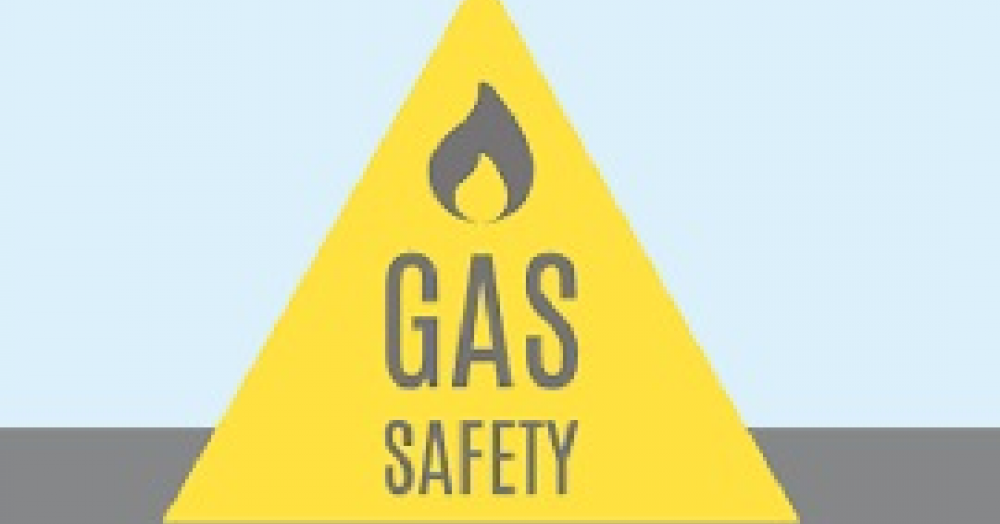We have put together this useful guide for Landlords offering advice on Gas Safetly during the Coronavirus Pandemic.
Despite the pandemic, landlords are still obliged to ensure that they comply with their gas safety responsibilities.
A Landlord’s gas safety responsibilities are:
- Repair and maintain gas pipework, flues and appliances in a safe condition;
- Ensure an annual gas safety check is carried out in the rental property; and
- Keep a record of that check.
These responsibilities continue even though the country is in a ‘lockdown’ due to the coronavirus. However,
Gas Safe Register has issued guidelines which landlords may find useful if they need to arrange the annual check soon.
When contacting a tenant to arrange the annual gas safety check or any gas work, landlords are strongly advised to ensure they retain evidence of all their communications with the tenant. This will of course be much easier if the communication is in writing. If tenants do not permit access for these works because they are for example self-isolating or shielding landlords can then rely on their evidence to defend any suggestion that they have not complied with their gas safety responsibilities.
Landlords can arrange for gas safety checks to be carried out at any point from month 10 to month 12 after the previous check rather than waiting for the last minute prior to it expiring. This means that landlords have 2 months to arrange such a gas safety check which should make things a little easier.
It is important to note that gas safe engineers that attend rental properties will try to follow the government advice and stay 2 metres apart from other people. They may also use personal protective equipment if it is safe to do so. However, prior to attending a property engineers will enquire if anyone occupying the property is self-isolating, has recently self-isolated or come into contact with anyone who has had the virus. If the answer to any one of these scenarios is ‘yes’, then the engineer will not enter the property and the appointment will be cancelled.
To prevent an engineer cancelling an appointment, landlords are therefore advised to contact their tenant and ask them these questions directly. Again, evidence of this communication should be retained especially if the gas safety check or works cannot be carried out.
Ultimately, it is the landlord’s responsibility to ensure that the rental property is safe. However, in these difficult times a commonsense approach to the responsibilities is strongly advised and evidence retained to demonstrate you did all you could and should under the circumstances.
Disclaimer
The contents of this blog post is not legal advice and is provided for general information purposes only. If legal advice is needed readers should contact a solicitor. No responsibility for any information contained within this post is accepted and PainSmith solicitors accepts no liability in respect of the contents or for action taken based on this post.
Information acquired from Painsmiths solicitors.
